When I was in year six, I had a unique and once in a lifetime opportunity. I was given the chance to move up the social ladder. Sure, I was school captain, which meant I had some sort of underground following — but I hadn’t managed the transition into mainstream darling.
It all started with me being complimented on my Blink 182 tee. “Come hang with us” said the most popular girl in school. My two friends and I followed her, pausing for a moment to collect ourselves. It was as though we had been selected to go backstage and meet Avril Lavigne or something. “This could be our chance” my friend said. It quickly dawned on me how much my life was about to change. We kept a low profile and stood towards the back of the group. Walking with them through the playground felt like being famous, with students and teachers acknowledging us along the way. I kept quiet, and smiled and nodded when spoken to. I didn’t want to rock the boat and have them realise I was without a VIP pass.
I couldn’t help but feel a sense of emptiness despite my newfound fame. It was lonely at the top. It was probably a mixture of imposter syndrome, my resistance to change, and also realising that being popular entailed sitting in the sun and watching the boys play handball.
I had the world at my fingertips and I fumbled. I wasn’t ready to let go of the girl that I was in order to become the popular girl I was almost meant to be.
I had also been deeply influenced by all the Hilary Duff movies that taught me that being popular in school meant nothing in the long run because one day I was going to go to Italy and become an international pop star (“Sing to me, Paolo”). I certainly had an unwavering self-confidence at that age and never felt the pressure to change who I was to be deemed as cool by my peers. It was a blissful moment of delusion that would come crumbling down only a year later. Stay tuned for the rise and fall of a western Sydney princess!
This all comes from me thinking a lot lately about the concept of cool: my relationship to cool, what it has meant to me at different life stages, how it doesn’t always promote authenticity and kindness, its varied definitions in popular culture. Amid these reflections, I couldn’t help but go deep into Kayla Valerie lore, and think about how the concept of cool, social inclusion and popularity has shaped the person I am today. Of course, it led me back to awkward 13 year old me, but it also led me to realise how, at 31, being cool is low on my priority list.
Being cool is obviously subjective, and has changed in definition for me as I’ve grown older. When I was 10, being cool meant you wore baggy pants and stud bracelets. Having your hands permanently in a “rock on” pose also meant you were cool. Smiling in photos wasn’t cool. When I was 15, I thought it was cool to reblog pictures on Tumblr of hot people smoking cigarettes and heart poetry about morning sex: “But you’ve never smoked a cigarette or had sex” my friend said, questioning the authenticity of my Tumblr aesthetic. “Yeah, but I can still think it’s cool” I quipped back, as I ran my fingers over my straightened side fringe. One thing that I’m sure of is that everyone is cool until you get to know them. Anyone wearing sunglasses and a leather jacket is also cool.
Being seen as cool means embodying a certain amount of mystery, apathy and detachment. These are things I know nothing about. I only know how to wholeheartedly love something. Being indifferent or neutral is not something I do well. I have too much personality for that. In fact, I probably have multiple personalities. From a young age, I had an excitable nature and an enthusiasm for life and all that I loved. “I love that you love what you love unapologetically” my partner Tim said to me on one of our first dates. I didn’t understand what he meant and why I would ever be ashamed to be a 20 year old Hannah Montana fan.
What’s interesting is being cool was once aligning yourself with the hottest trends and then it became dissociating yourself from the hottest trends. I tend to hate the snobbery and misogyny that comes along from others when enjoying anything ‘mainstream’. I don’t think disassociating yourself from anything should be a personality trait. Although, I’m proud to announce I never read any of the Harry Potter books, watched any of the Twilight trilogies, or have a TikTok account. Perhaps my mere absence from things that captured the discourse makes me cool. Perhaps I’m out of touch and irrelevant. I did, on the other hand, have an unhealthy attachment to the Jonas Brothers as a teenager, listen to Fight Song by Rachel Platten on repeat unironically through a depressive period in 2017, and attended The Eras Tour twice. Make of that what you will.
As mentioned above, being cool is not at the top of my priority list, which probably has more to do with the fact that I’ve never been able to master it. I’ve had people tell me they thought I was cool or bitchy when they first met me, but then they got to know me and realised that I’m actually nice. This is such a shame because I would rather be seen as cool and bitchy.
I was recently scrolling through my Instagram feed and showed my partner Tim someone’s profile who I deemed to be cool. “See, her aesthetic is so cool, my vibe is too: Ba da ba ba ba” which I sang in the tune of that Justin Timberlake song they once used in a McDonalds commercial. What I meant by that is my vibe was too obvious, loud and millennial. Her feed was all blurry photos of fun nights on the town, pouted lipped group shots (never selfies, she was busy) and random wholesome “dumps” of florals and pastries she probably didn’t eat. My wiser, older, higher self knew that it was all curated authenticity: “Nobody is that nonchalant, candid and cool” I said, leaping off the bed in my coffee stained tee and flannelette pyjama bottoms. “You’re so underrated” Tim says, validating and enabling me.
I probably felt the least cool when I was 13. I didn’t have cool enough clothes to wear to school camp. I didn’t know how to use a hair dryer to get my hair perfectly straight and frizz free. Everyone else seemed so much cooler, more experienced and put together than I felt. I didn’t just feel these things about myself, they were reflected back at me by the images I saw in magazines and in how I was treated by my classmates. I had to have time off school to have surgery right after starting high school, and when I returned everything had changed. Before I left, it had been arranged I would be staying in the same cabin with the popular girls, who I thought were my friends, for school camp. “We had you replaced while you were away. Sarah, has taken your spot” they told me. I ended up having to join the only available cabin with a girl who saw ghosts and was obsessed with the finding the Heart of the Ocean from the Titanic.
I had fallen behind with my studies, I didn’t have a friendship group, and I felt I had no one to turn to. The popular girls would run away from me when I spoke to them and would find weird, niche things to make fun of me for. “You have a really long tongue” one of them said to me after seeing me poke my tongue out in a photo. It was genius: they had found a way to make me insecure about things I had never considered before and they were often things that were completely out of my control. The sadness and the loneliness would hit me in what felt like slow motion. I became fixated on being skinny, starving my body and making myself as small as possible. Perhaps the underlying desire was to be so small that they wouldn’t notice or make fun of me anymore — which would become a survival mechanism for me throughout my life.
In a rare moment of connection, one of the popular girls noticed I had a picture of Ashlee Simpson on my binder. “I love Ashlee Simpson” she told me, as she traced her fingers around the jagged edges of the image. “I love her song Shadow” I told her, looking up from my binder to see if I got her approval. I noticed her skin was more textured up close and her eyes even more blue in person. “Me too” she said with a deep breath and a reassuring smile. Her locker was next to mine: “Do you ever eat, girl?” one of her friends asked her. She turned around after securing her lock, with what seemed to be a proud smile, feeling somewhat accomplished by her willpower. I had observed her eating patterns from afar for a while: “ I hate fake chicken” she said once as she took the white, thinly sliced deli meat off her sandwich. While we were worlds apart, I felt weirdly connected to her. I listened to the song Shadow, and wondered how a girl like her could possibly relate to it. Later that year I was at a party and someone who went to her primary school was there. It was like meeting someone who knew a celebrity before they were famous. “I knew her when she was fat” she told a group of girls, before kicking a soccer ball into an open field. It was then that I realised we weren’t all that different and being cool in high school didn’t make you exempt from any of the things I was feeling.
Autobiography by Ashlee Simpson recently celebrated its 20th anniversary and had me reflecting on all the ways I have grown since then. Despite it being two decades on, I can still access that version of me quite easily. When I listen to tracks like Undiscovered, Shadow or Harder Everyday, I feel the sadness in my bones. I’m 13 again, crouched up against my bedroom wall, wondering if it ever gets better. I think of that popular girl and how she went on to leave the popular group to find friends more aligned with her (which was all the talk in the canteen line). I think of Ashlee Simpson and hope she’s thriving. And more importantly, I think of that version of me who needed someone like the person I have grown up to be. I think she would think I’m cool.
More recently, I found myself in a situation with someone who seemed intent on making me feel misunderstood. This person ended every sentence with a question mark. It wouldn’t matter what I said, they would belittle any contribution I made to the conversation. Between the snide comments, eye rolls and condescending tone, all of a sudden, I was 13…again. Feeling misunderstood and longing for acceptance by someone I don’t even like.?
“It’s not that I think I’m uncool, frankly I couldn’t give two shits, but they were trying to make me feel uncool” I told my partner Tim, in a five-part venting session. They wanted to make me look lame by mocking my interests, and mimicking the way I speak. Upon reflection, I realised I hate snobs and people who think they’re better than anyone else, and treat them as less-than as a result. It’s so deeply uncool. I suppose I forgot that inside the icon, there’s still a young girl from western Sydney.
At 31, being cool to me is living authentically, nurturing your relationships, having courage in your convictions, being kind. I’ve realised that it seems like the worse thing someone can be these days is cringe. I disagree: the coolest people I know focus on what their life feels like and not what it looks like to others. They also allow space for others to do the same, even if it doesn’t make sense to them. In other words, as Ashlee Simpson ever so eloquently states in the title track of her album Autobiography:
I'm a bad ass girl in this messed up world
I'm a sexy girl in this crazy world
I'm a simple girl in a complex world
A nasty girl, you wanna get with me?
You wanna mess with me?





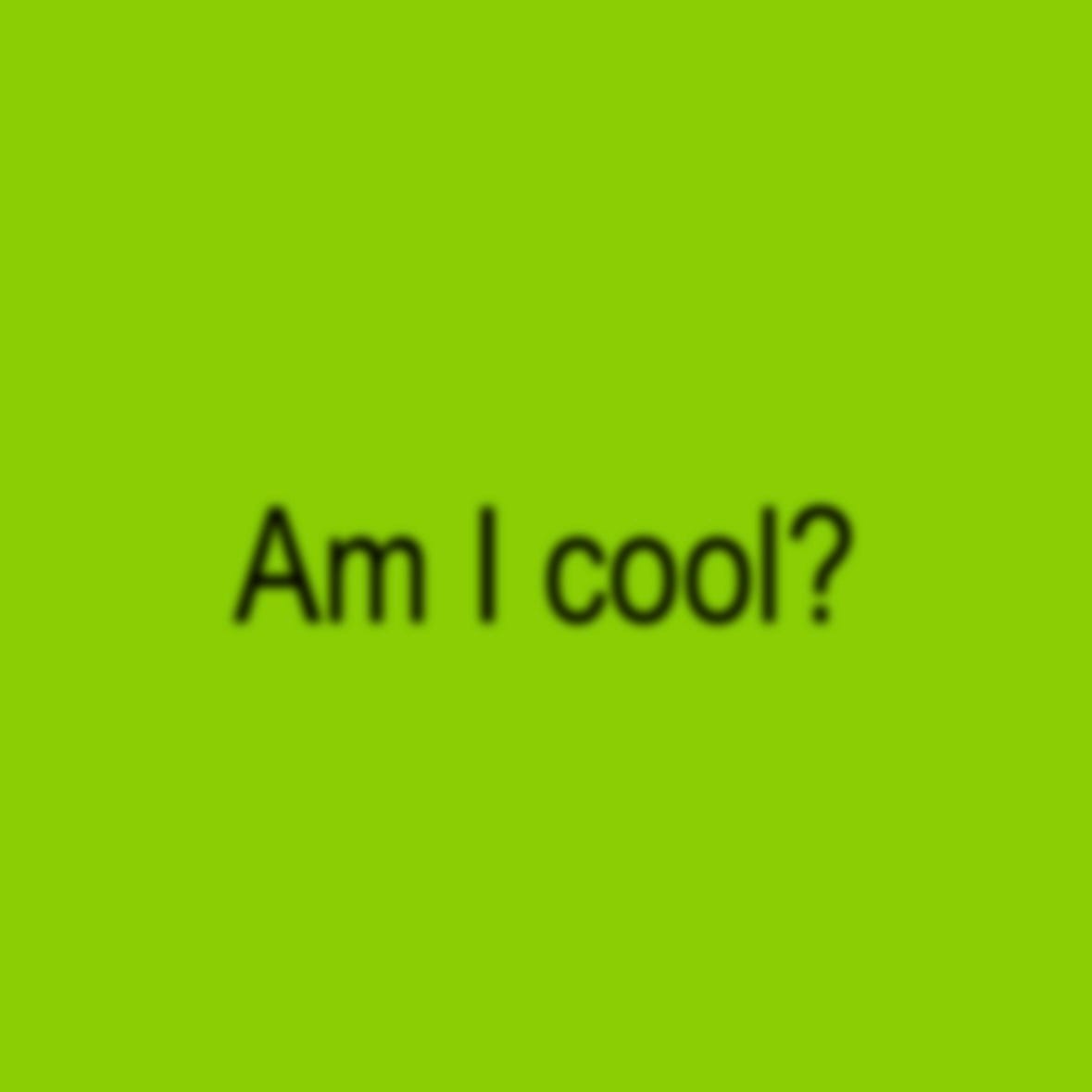
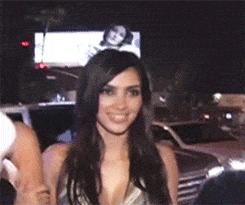
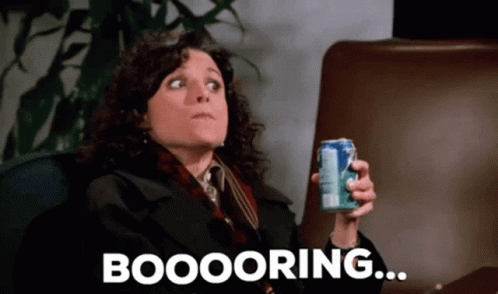
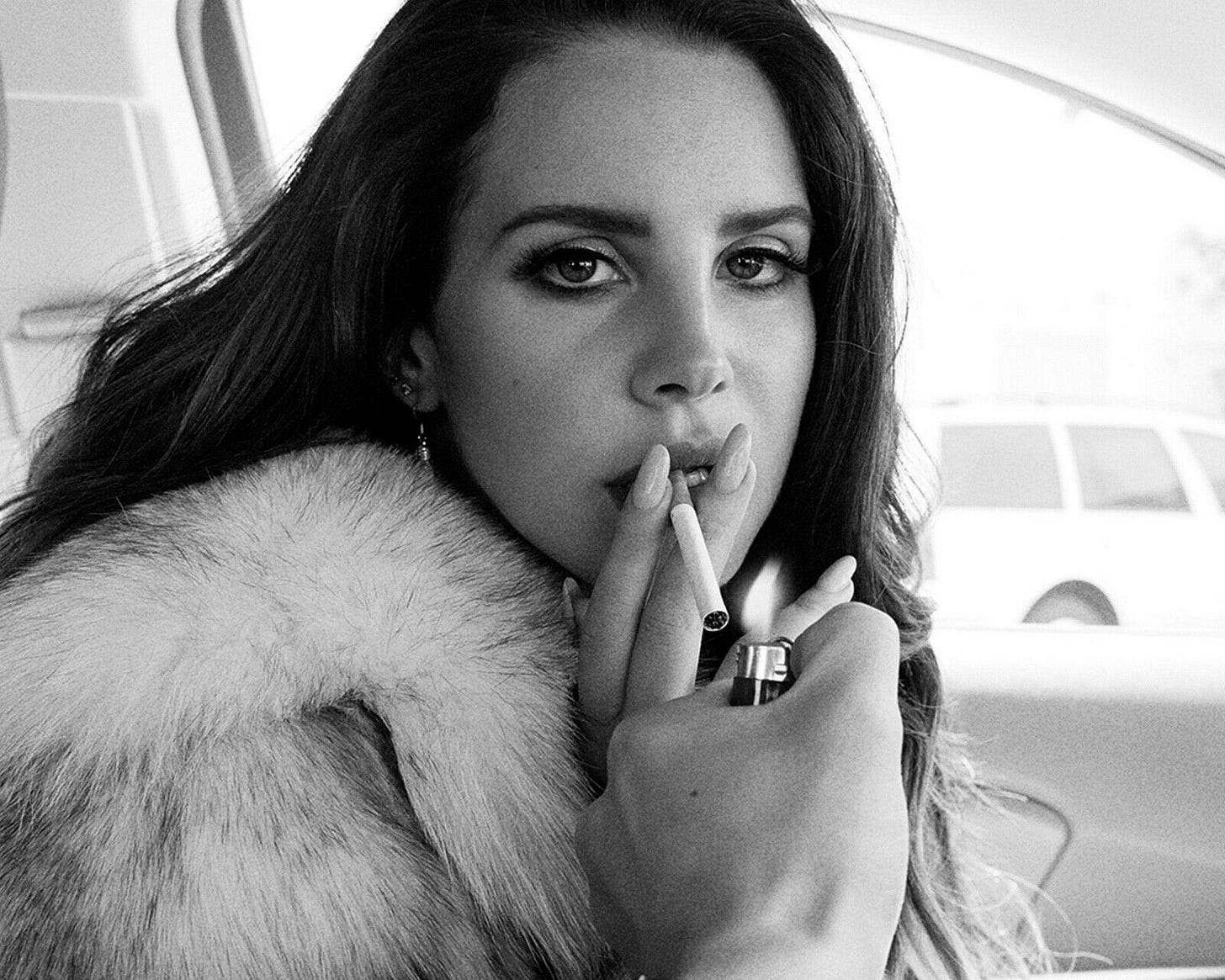
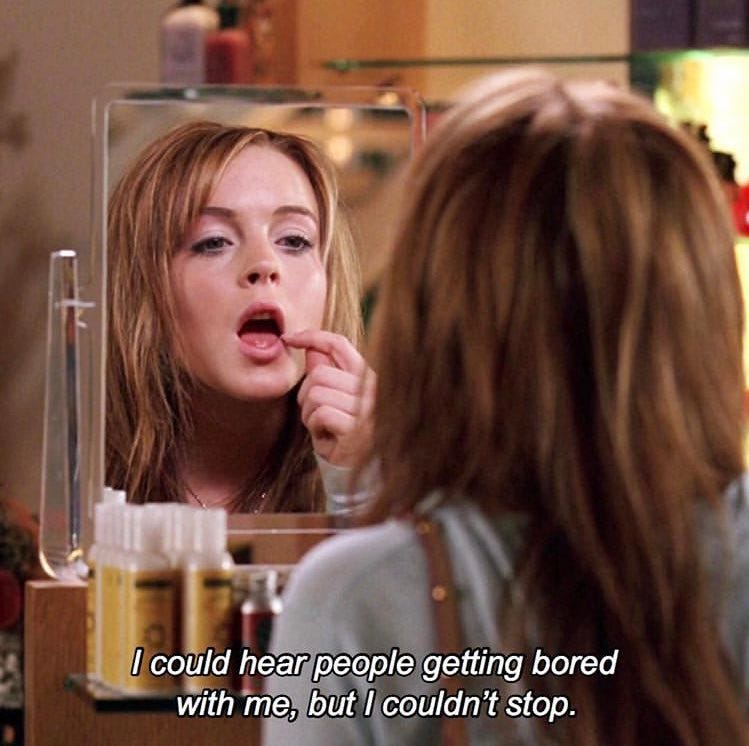
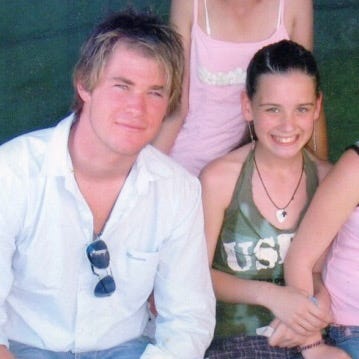

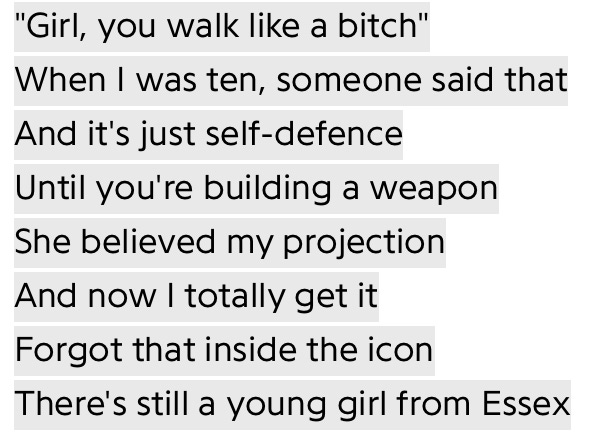
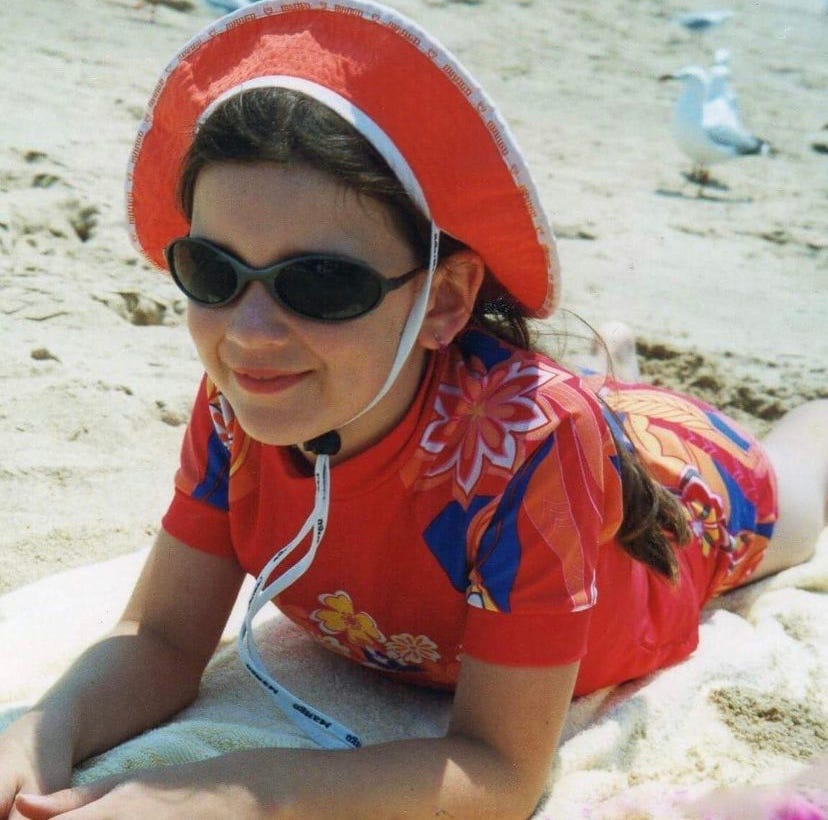
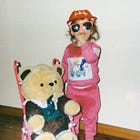
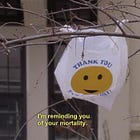

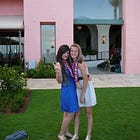

This popped into my inbox just when I was reflecting on some similar frustrating moments when people, often who you don’t know at all, actively try to put you in on the back foot socially.
You describe it all very well, across a lot of different ages yet the tactics remain the same.
The lack of interest, the patronising non responses to conversational engagement and responses that are purposefully designing misunderstanding in order to shame.
I do believe it is mostly from a place of their own deep insecurity and envy of another’s self love and self awareness, teamed with the maladaptive inability to engage with people who are in these ways and others, different to them.
A beautiful essay Kayla. I always enjoy your way of diving into your ideas and experiences in your writing. Thanks for the food for thought❤️
I have had a draft about this topic brewing on my dashboard for almost two years now! I remember in kindergarten trying to be “mean” because that was my image of what I thought “cool” was. I look back and I’m so embarrassed at how I abandoned myself. Thank you for sharing this so candidly and making me feel understood!